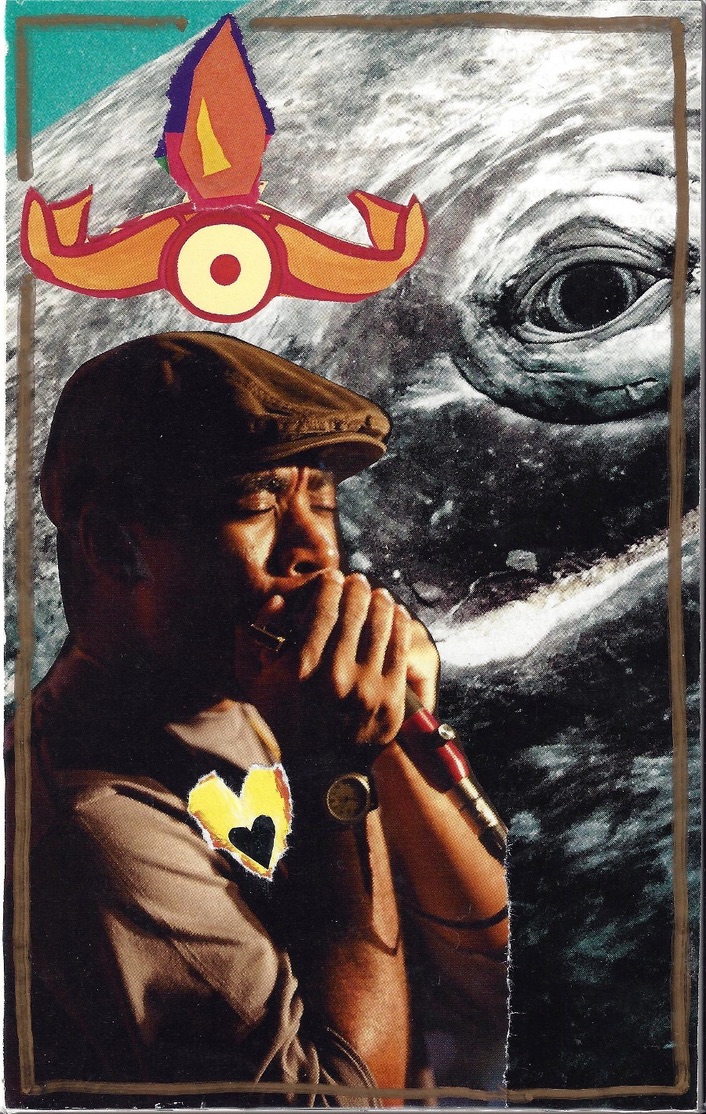3 August 2021
Who am I as a change agent? An organizational transformationist? If I’m going to be researching organizational transformationists in my dissertation, it might be good to start reflecting on these things now, exploring my own experiences and feelings towards that role for myself and with others.
So. When did I first become a transformationist? And is it transformationist or transformationalist? I’ll have to decide at some point. Certainly not “change agent” because we all know how I feel about the “C” word in organizations.
Anyhoo, back to the question at hand. When did I first become a transformationist? I’m thinking back to that presentation on alchemy I gave in elementary school, in Fairfield, at Amy Blanc. It was my first oral presentation and I did my session on alchemy. Reading about alchemists made me want to become one. Couple this with the power my dad had to create soundtracks and experiences to silent movies at the Avenue Theater when I was a kid, and you’ve got the seeds for a transformationist.
Although, my dad didn’t think his power meant much. Performances that left me transfixed left him disappointed. He didn’t feel like he moved the crowd.
And when I led a protest in kindergarten over the loss of our favorite teacher, Ms. Lim, it turned out that she wanted to go. She had gotten married and was moving away. So I felt like my power for energizing my classmates led to disappointment: there was nothing I could have done for us to have kept our teacher.
Then there was me in junior high, I suppose. My family was going through a terrible time. I had a sense that my mom was engaging in unspeakable behavior. I spoke up, both to my junior high school counselor (who didn’t believe me) and eventually to my mom (who tried to make it my fault). My speaking up was the spark our family needed to implode. My parents got divorced and my sister and I lived less stressful lives with our legal guardian. So in a way, I transformed that organization I suppose. Not gracefully, and with a tremendous amount of personal pain. But I transformed it.
At work, the first time I really transformed something was when I was the scheduling manager at The Arc of San Diego. Our leadership team was incredibly divided and partisan. Nobody was working together, everyone was advocating for their own self-interests. I was the one taking the notes during our management meetings. So I decided that if we started to refer to ourselves as a team, perhaps we would act more like one. I changed the language of our minutes from “management meeting” to “management team meeting”. Whenever I spoke about management, I referred to it as “the management team” or “the team”. Not long after, other members of the team began to use that language as well. The team ended up being the most aligned and cohesive department management team in the entire company. I made that happen.
From that experience, I came to realize that I could influence some things. My actions weren’t futile like they were with my kindergarten protest, and they weren’t horribly painful like speaking up about my mom. These were almost like aikido – making small shifts to help a team’s energy shift in a different direction. Like gently guiding the flow of a stream with my hands. The shift in direction wasn’t major, but it could lead to major results.
This is what I began to see when I became a visual facilitator. At first, my projects were straight-up graphic recording sessions: people talked, I listened and translated their ideas onto a blank wall in real-time. However, the more I did this kind of work, the less satisfying it became. I could see through what a team was talking about to the heart of what they were trying to get at. I discovered my voice as a facilitator and found that – just like guiding the flow of the stream with my hands – I could guide the flow of a team’s intent and attention with my words and intentions so that they saw beyond their barriers to who and what they truly sought to become. Over the years, that skill set has gotten stronger and my interest in visual facilitation has gotten weaker. Sure, my ability to draw out ideas in real-time is pretty cool. However, my true power as an organizational transformationist is my mind, my way of thinking, my unique way of seeing and creating the world.

